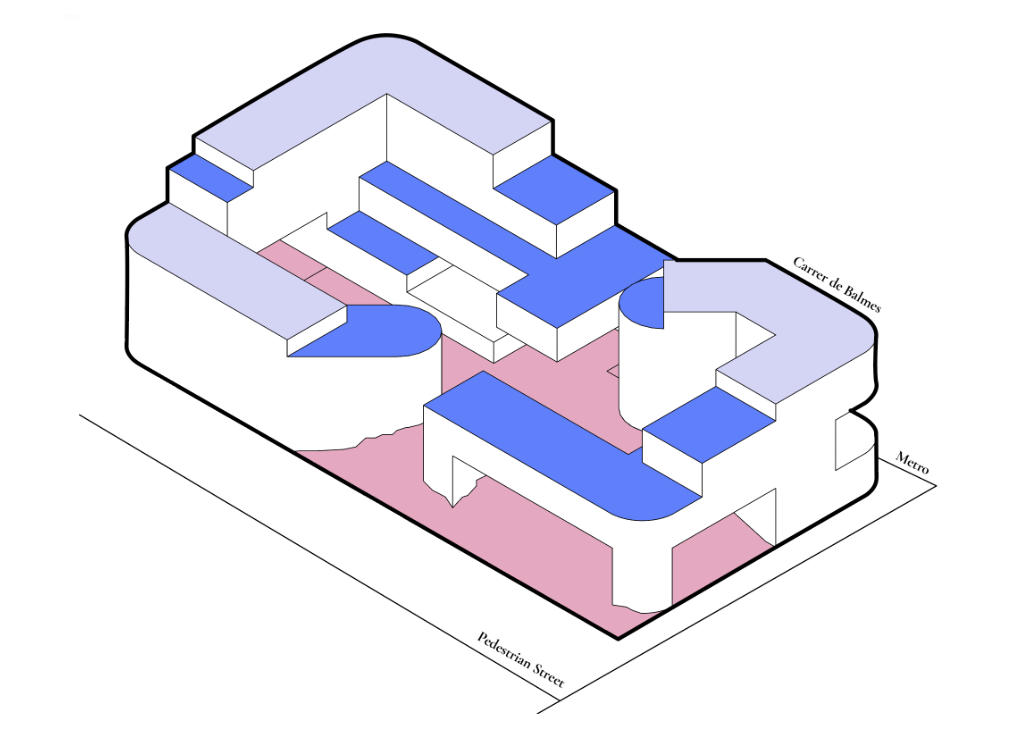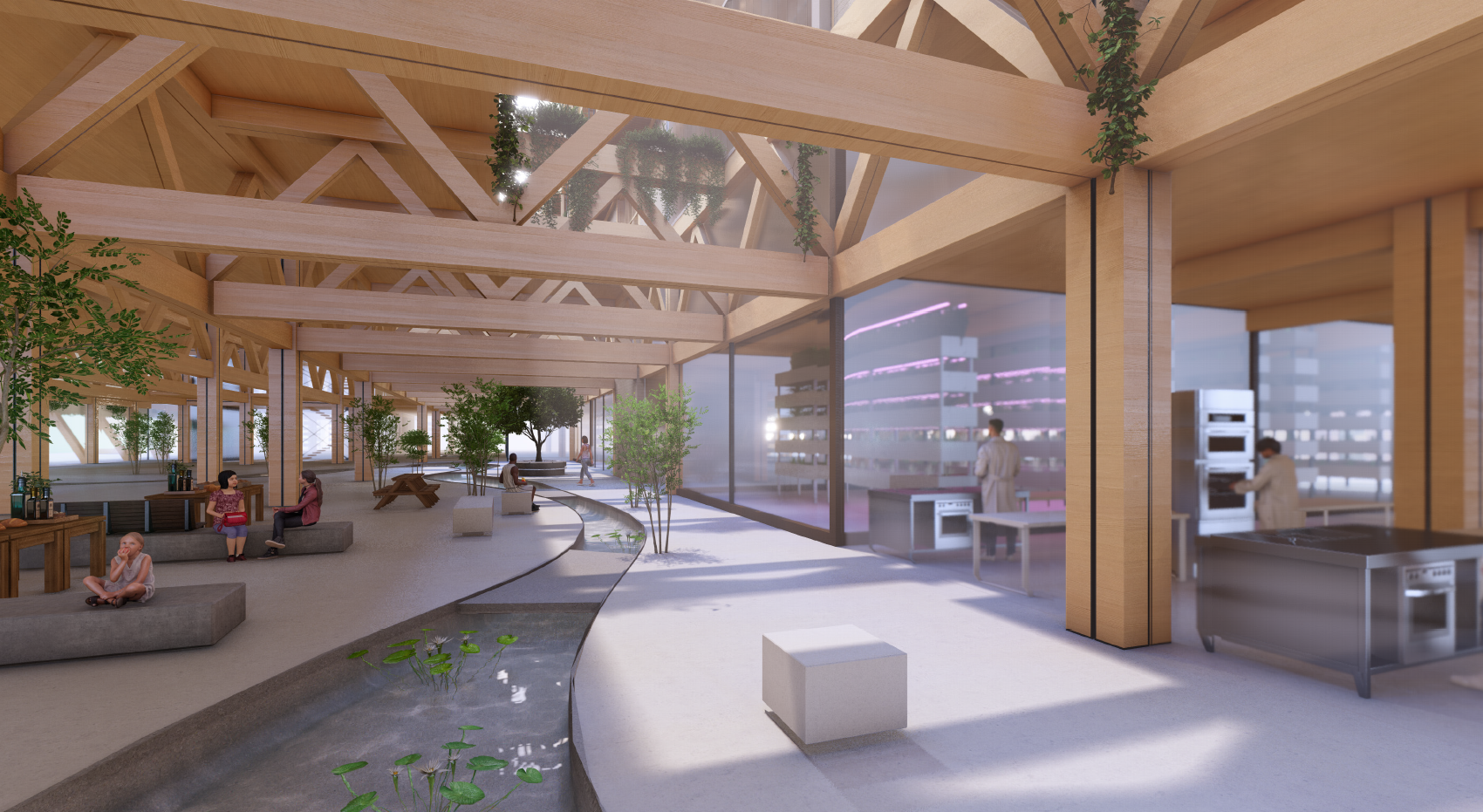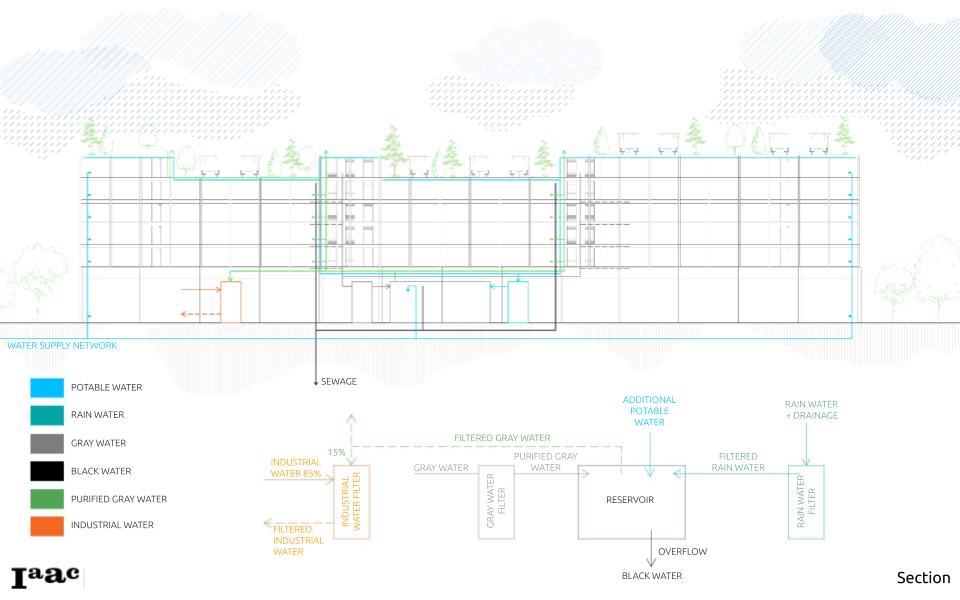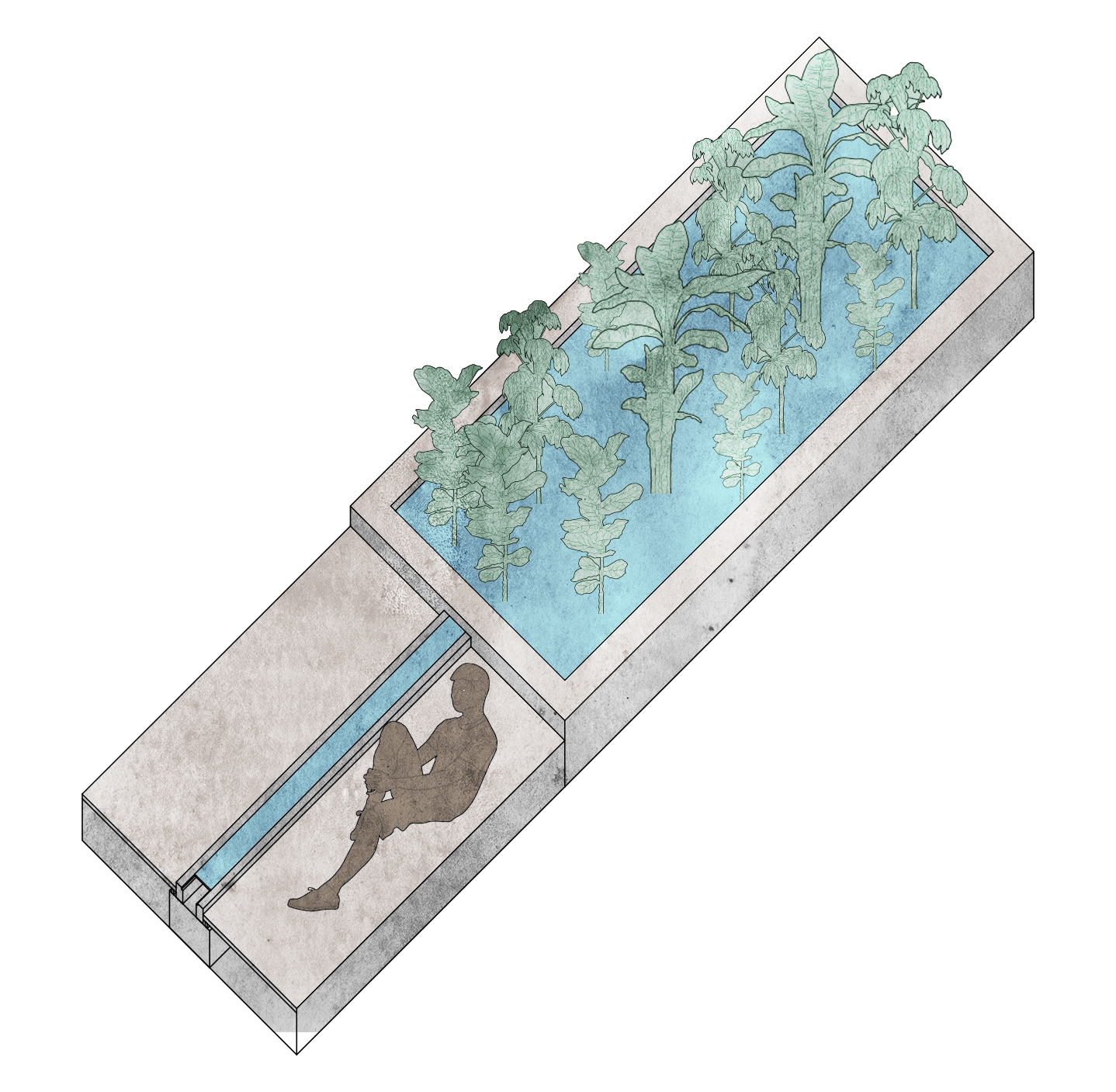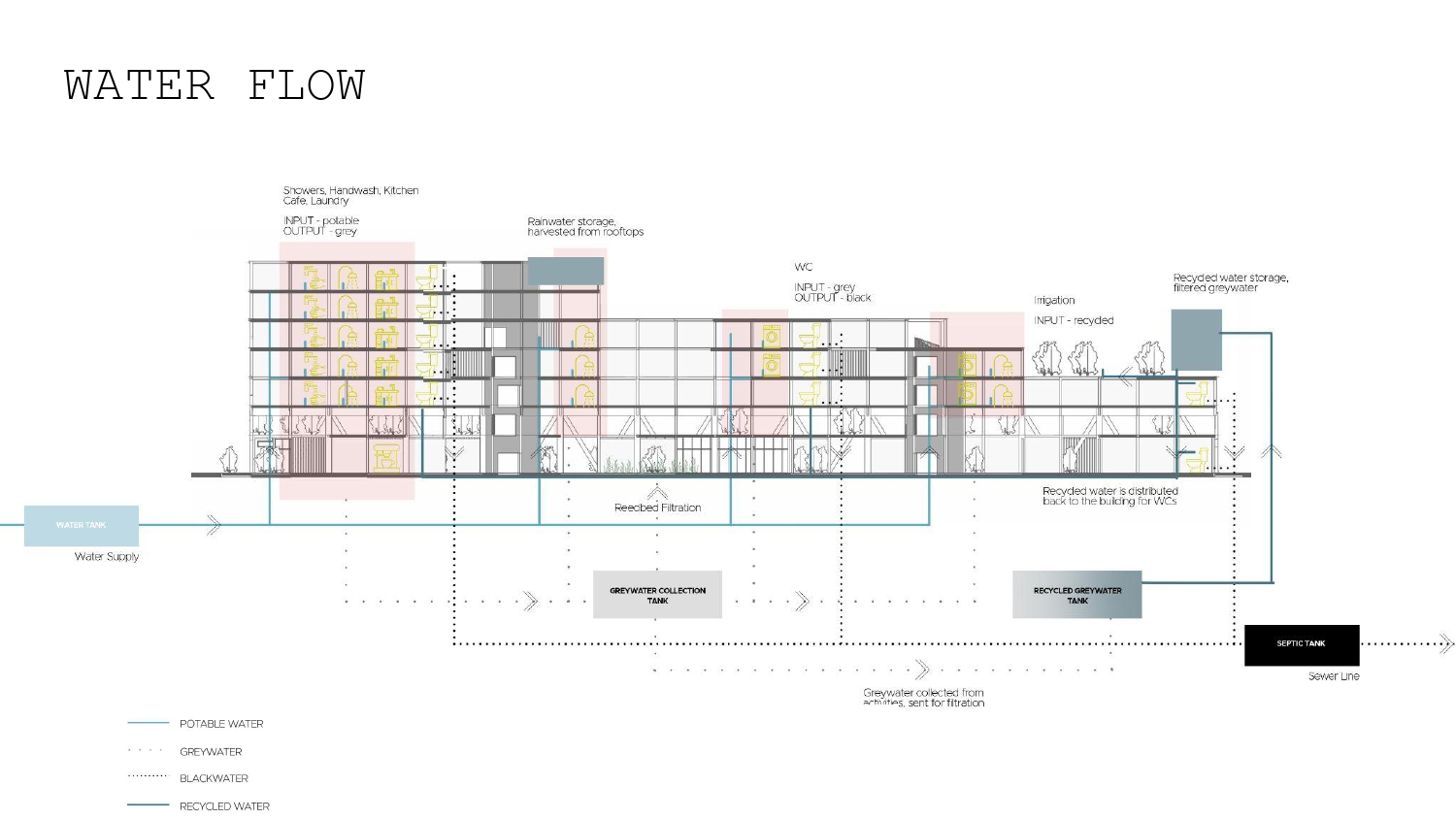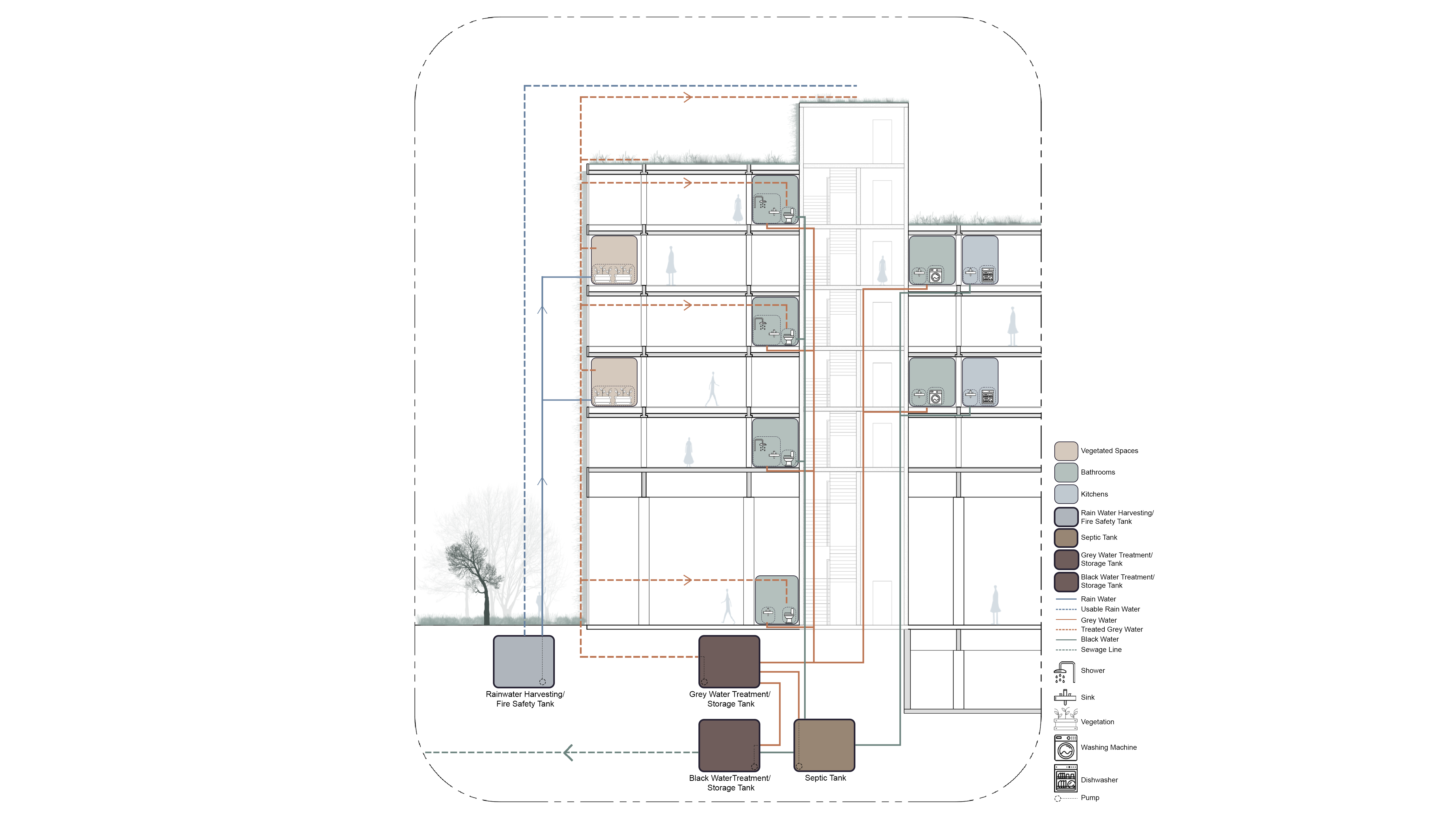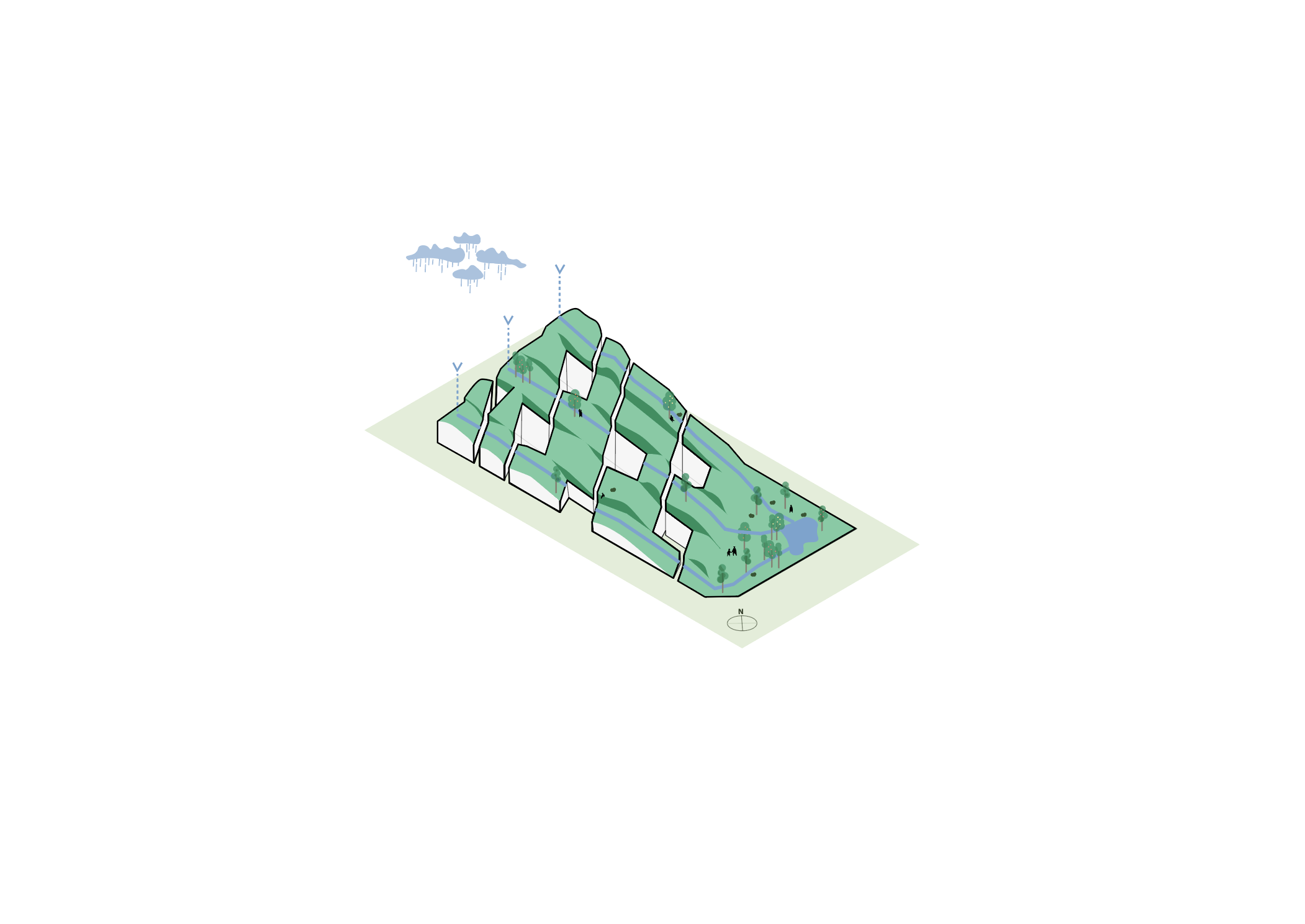La Obertura – Water Management
The primary objective of the water management strategy employed in this project is to reduce the water usage of both the building occupants (including residents and industrial users) to a minimum level. One straightforward method for reducing water consumption involves implementing the following measures. By setting a baseline for the overall water consumption in residential … Read more


